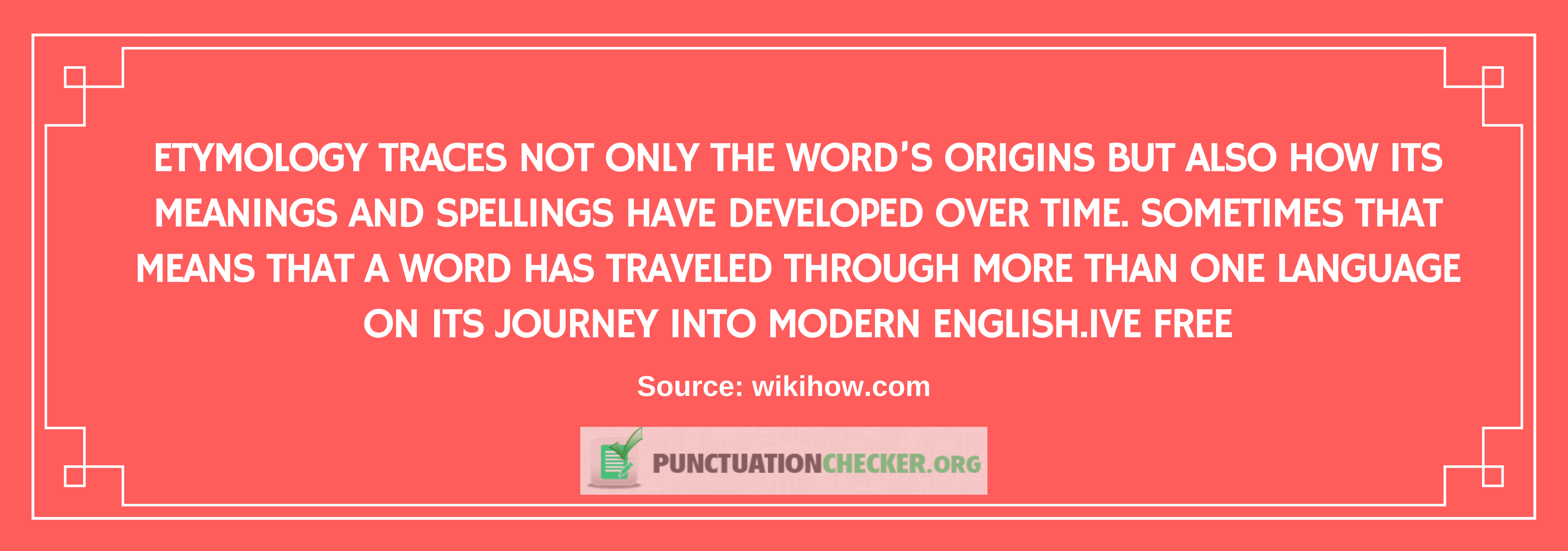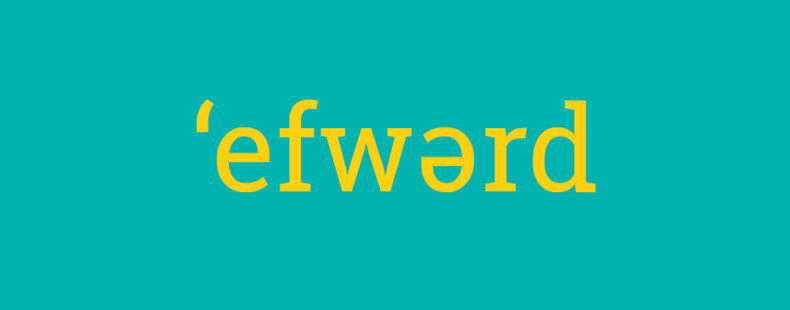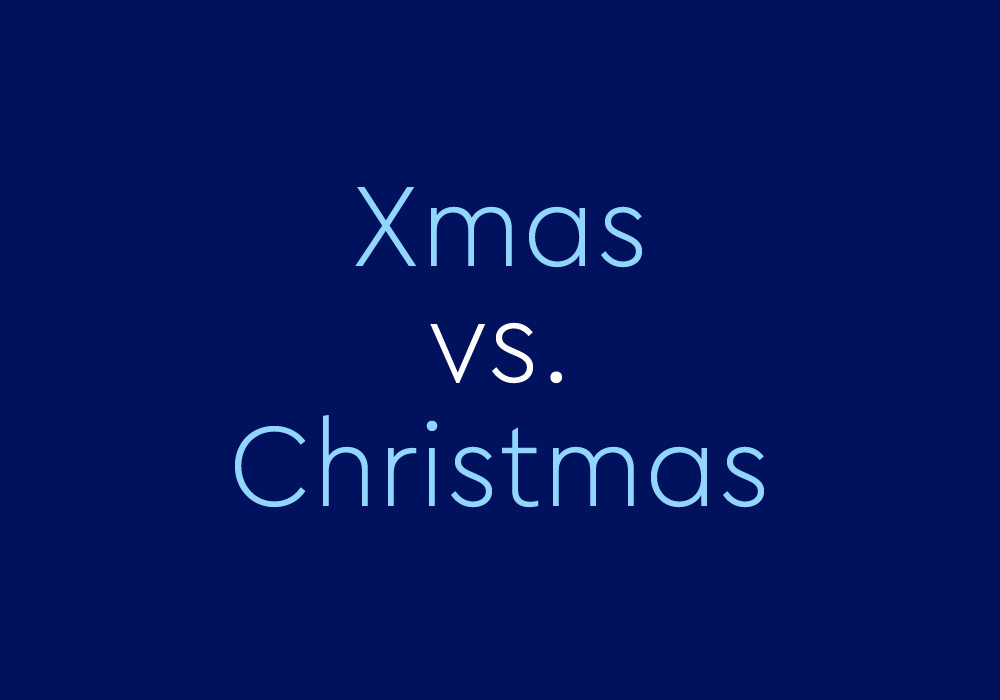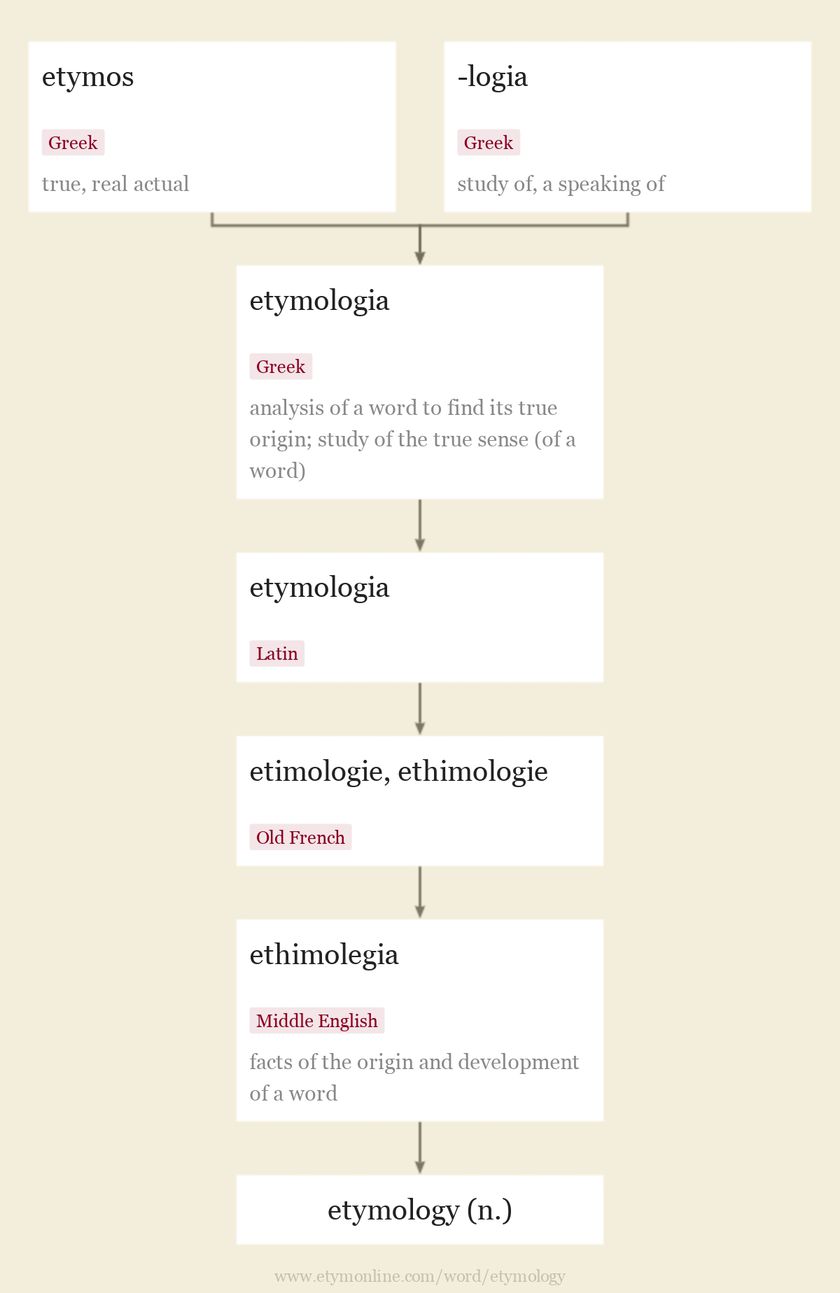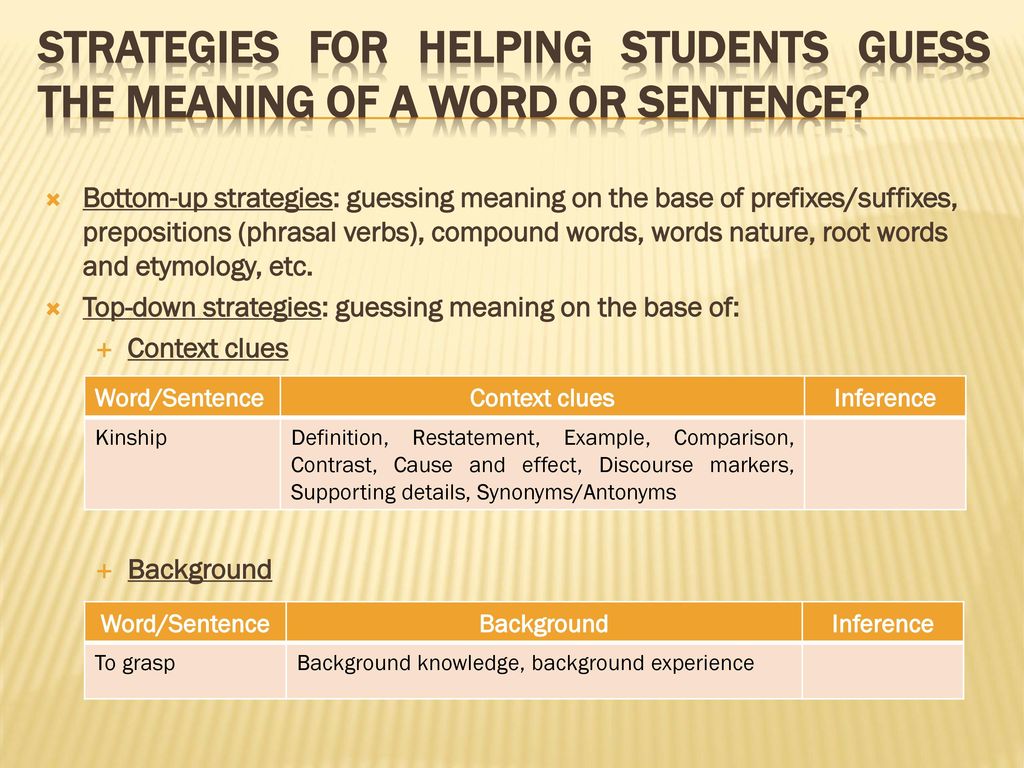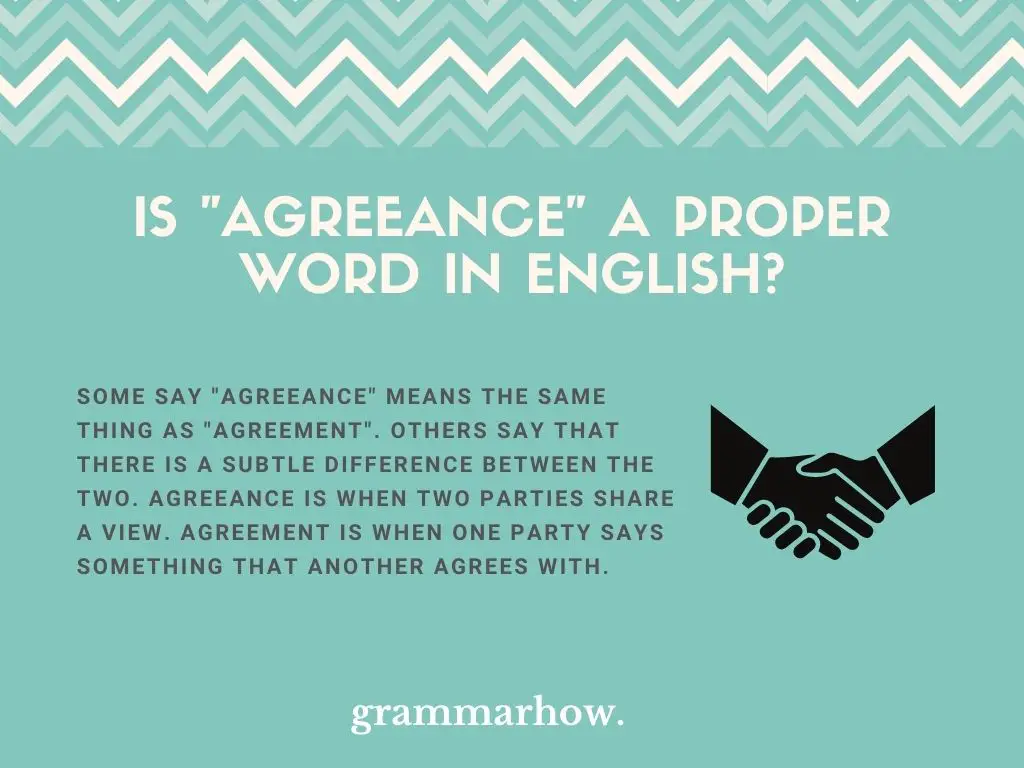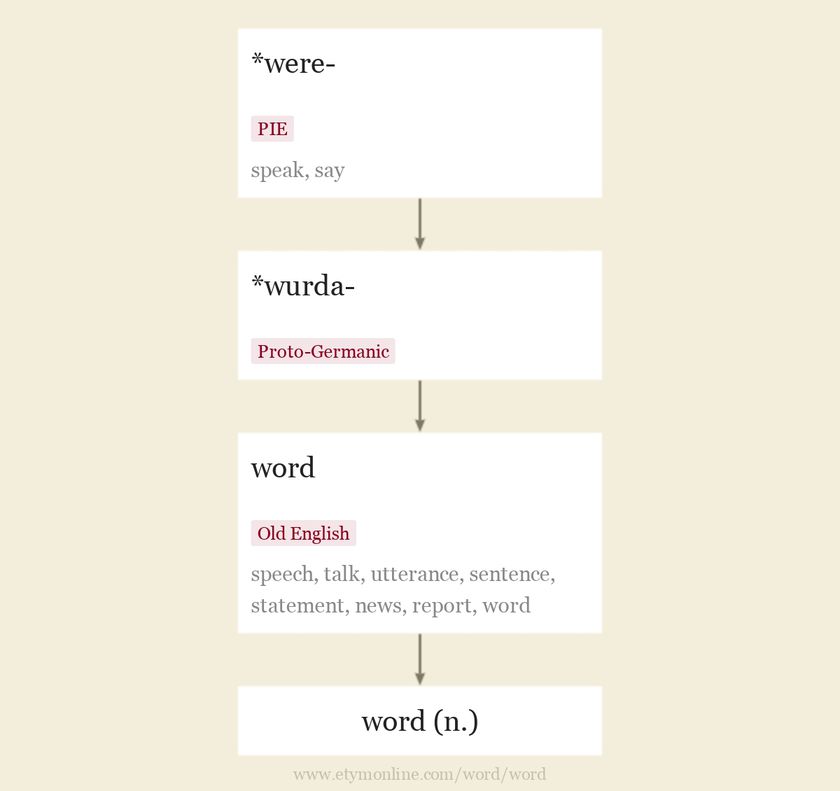
Guessing The Meaning of Words. Guessing the Meanings of Words Guessing the meaning of words is the best strategy when you are reading. 1. It is fast since. - ppt download
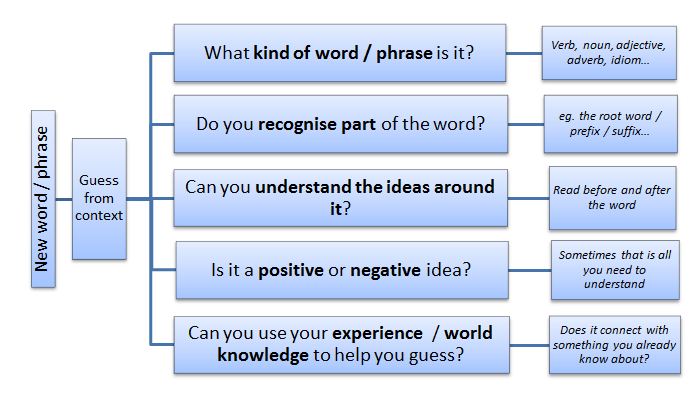
Learn English with Dianna » Blog Archive How can I guess new vocabulary from context? - Learn English with Dianna
How important is etymology in building a strong vocabulary? What is the best way to remember etymologies of various words? - Quora

Once Upon a Word: A Word-Origin Dictionary for Kids--Building Vocabulary Through Etymology, Definitions & Stories by Jess Zafarris



